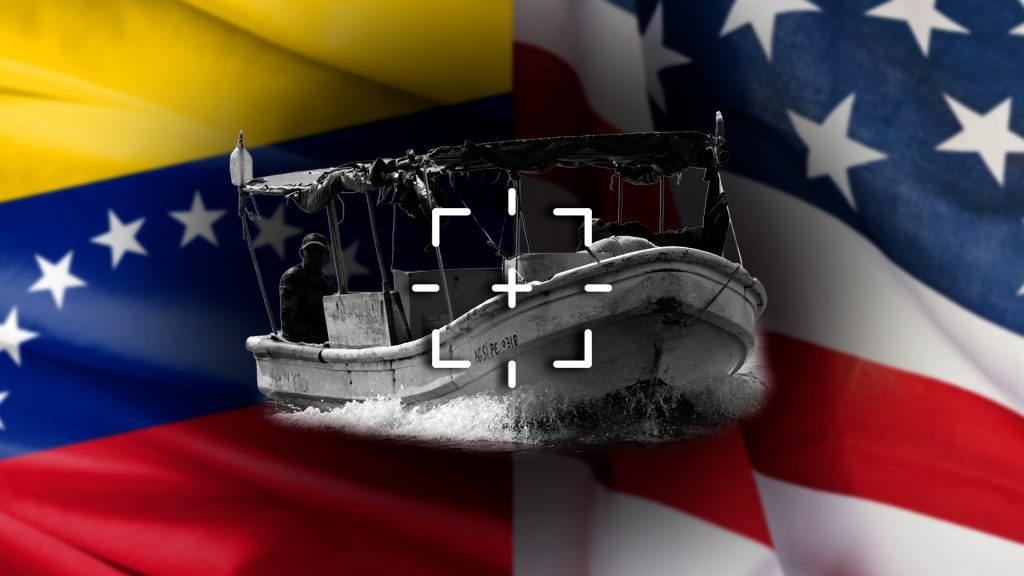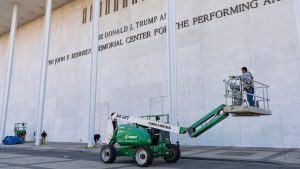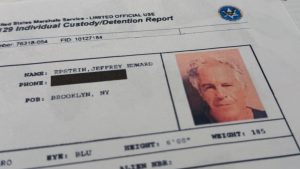US strikes on boats in Caribbean surpass 20 as deaths top 80

Over the past two months, the U.S. military under President Donald Trump has blown up nearly two dozen boats that it says are trafficking drugs from countries like Venezuela, killing more than 80 people in the process. The latest vessel was struck on Saturday in international waters, killing three people on board.
In a post to X on Sunday, U.S. Southern Command (SOUTHCOM) announced that it had conducted a “lethal kinetic strike” on a boat that was allegedly transporting drugs. Three people, dubbed “narco-terrorists,” were killed as a result of the strike.
“Intelligence confirmed that the vessel was involved in illicit narcotics smuggling, transiting along a known narco-trafficking route, and carrying narcotics,” SOUTHCOM wrote in the post. “The vessel was trafficking narcotics in the Eastern Pacific and was struck in international waters.”
‘Operation Southern Spear’
Saturday’s strike comes days after the U.S. military announced “Operation Southern Spear,” intensifying speculation about potential U.S. action against Venezuela, following what officials call a massive U.S. military buildup in the region. Defense Secretary Pete Hegseth announced the operation Thursday, describing it as an effort that “defends our homeland” and “removes narco-terrorists from our Hemisphere.”
Tensions have been high as U.S. leaders review their options. Hegseth and Joint Chiefs Chair Dan Caine reportedly briefed Trump this week on military options, including potential land strikes against Venezuela.
In response, Venezuela’s Defense Ministry announced it had mobilized 200,000 troops for exercises, with President Nicolás Maduro accusing the U.S. of inventing “a bizarre narrative.” The U.S. government does not recognize Maduro’s presidency as legitimate.
2 months of boat strikes
Since early September, the Trump administration has routinely carried out strikes on boats that it says transport narcotics. While little evidence has been made public to suggest that every single boat is engaged in drug trafficking, at least some have.
A joint operation with the Dominican Republic in late September led to the destruction of a speedboat carrying cocaine and the recovery of more than 2,200 pounds of the drug. At the time, the Dominican Republic’s National Directorate for Drug Control said 377 packages of cocaine with logos were seized following the strike, while 60 packages were destroyed.
However, in other cases, officials have said that the boats belonged to fishermen working off the Caribbean coast.
Venezuela’s foreign minister said in September that Americans from a U.S. Navy destroyer illegally boarded a tuna fishing vessel with nine crewmen. A U.S. Coast Guard team embedded on the destroyer confirmed that they had inspected the boat and found no contraband.
During another early strike, Venezuelan Interior Minister Diosdado Cabello said on state television that domestic investigations revealed 11 people killed by U.S. munitions were civilians, not drug traffickers.
Trump administration justifies strikes
To date, the U.S. has carried out 21 lethal strikes on alleged drug-trafficking vessels, resulting in 83 deaths, according to a count by CNN.
The Trump administration said the U.S. is in an “armed conflict” with drug cartels, and labeled those killed as “unlawful combatants.” They’ve argued that the attacks are justified because of classified Justice Department knowledge.
However, some lawmakers have questioned the findings and said suspected drug dealers should face prosecution. Others have also worried over the fact that the Trump administration has not provided evidence that the boats were carrying narcotics.
International leaders have also criticized the U.S. president’s tactics. In an interview with NBC News published Thursday, Colombian President Gustavo Petro called Trump a “barbarian” and revealed that he had ordered his intelligence agency to stop sharing information with the U.S. Petro argued that sharing intelligence information with its American counterparts would constitute “collaborating with a crime against humanity.”
Meanwhile, Trump recently said that U.S. attempts to interdict drug smuggling boats have been “totally ineffective.” At the same time, the U.S. Coast Guard announced that over the past year, it has seized a record quantity of cocaine.
Does Venezuela traffic drugs?
Two experts told Straight Arrow News in October that U.S. operations targeting Venezuelan ships in the Caribbean are largely about political posturing, and that the country is not a significant drug manufacturer or distributor.
“Trump told his campaign the idea that he was going to bomb the cartels, so he’s doing this –– this is sort of political theater,” David Smilde, a professor at Tulane University and expert on Venezuelan politics, said. “Venezuela is not a major drug importer to the United States –– not significant –– there’s no fentanyl that comes from Venezuela. It’s basically an easy target.”
Similarly, Francisco Rodriguez, a professor of international and public affairs at the University of Denver, said, “There is clear evidence that Venezuela is neither a major source of production nor of trafficking of drugs.” Rodriguez added, “This suggests that the administration’s primary aim is to destabilize the Maduro government and to seek regime change, most likely through indirect means.”
The post US strikes on boats in Caribbean surpass 20 as deaths top 80 appeared first on Straight Arrow News.





